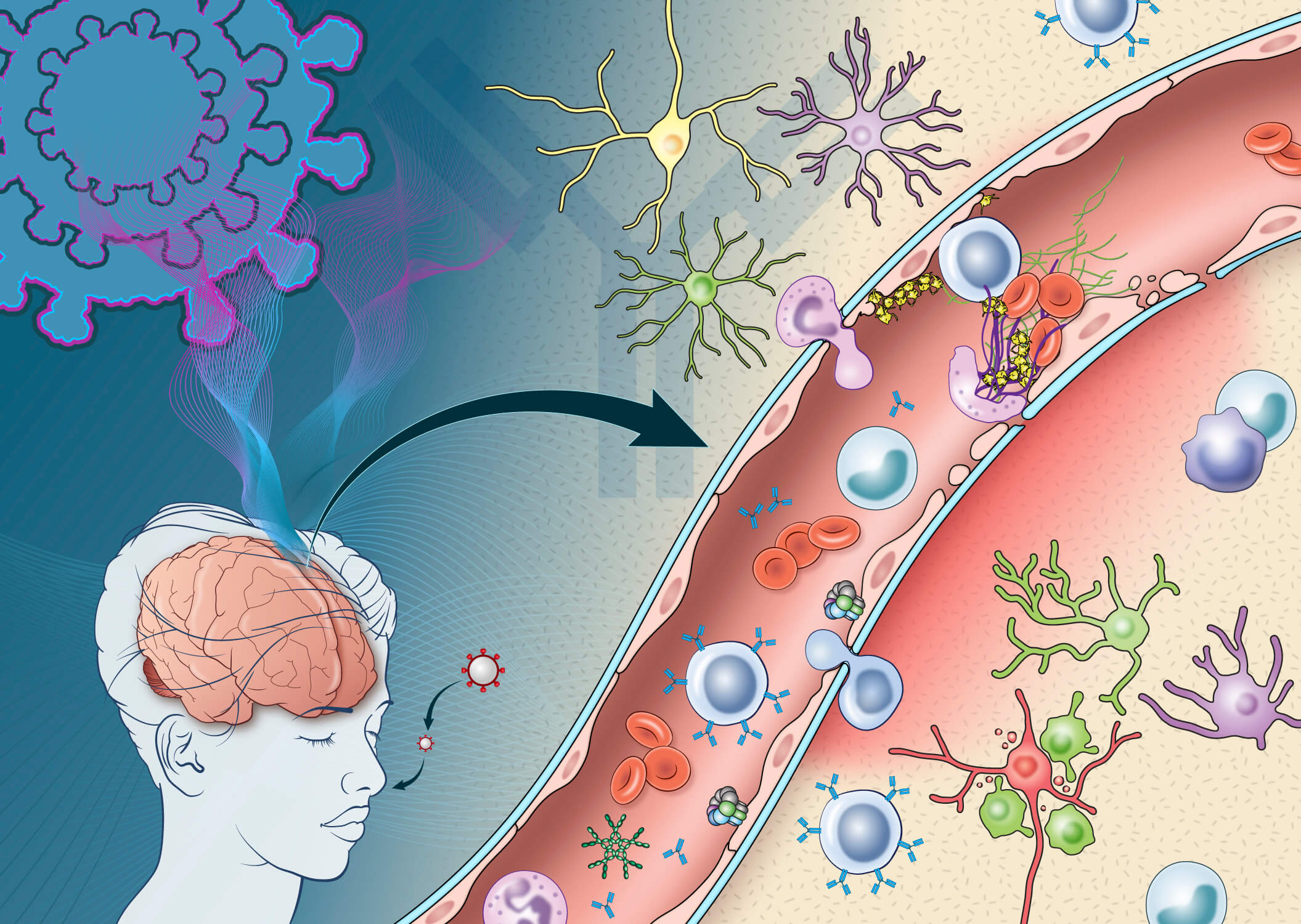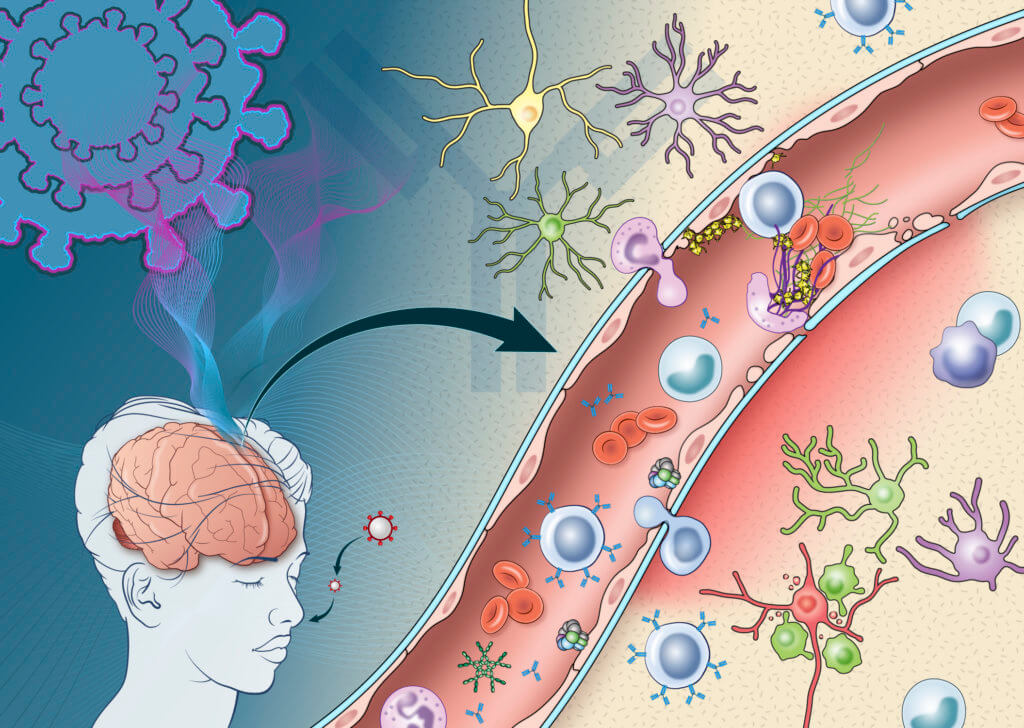Title: “Long-Term Impact: How COVID-19 Affects Older Adults in Nursing Homes – More Than Just a Short-Term Threat”
Published: November 21, 2023
University of Michigan researchers uncover the lasting effects of COVID-19 on nursing home residents, shedding light on the challenges they face even months after infection.
In the past few years, nursing homes have been hit hard by COVID-19, with the virus spreading rapidly among vulnerable older adults living in close quarters. However, a recent study by researchers from Michigan Medicine, the University of Michigan’s academic medical center, reveals that the impacts of COVID-19 on nursing home residents extend far beyond the acute infection period.

Led by former U-M geriatrics fellow Sophie Clark, M.D., and Lona Mody, M.D., M.Sc., the study compared nursing home residents who had contracted COVID-19 with a similar group who had not. The results, published in the Journal of the American Geriatrics Society, paint a concerning picture of prolonged effects on both physical and mental functioning.
On average, nursing home residents who survived COVID-19 experienced effects lasting about nine months. Shockingly, 30% of those with confirmed cases died during the study follow-up period, more than twice the percentage in the comparison group.
Clark emphasizes the significance of their findings: “Before the pandemic, the two groups scored about the same on their need for help with activities of daily living and their cognitive status. But the patients who tested positive for COVID showed a sudden decline in both measurements that lasted long after their infection.”
Mody adds, “This places an even greater burden on nursing home staff, who are already stretched thin.”
The study focused on residents from two Michigan nursing homes, analyzing data from 2019 to 2022. Of the 90 nursing home residents who tested positive for COVID-19, the majority were women over 80, white, non-Hispanic, and unvaccinated at the time of infection.
The research examined patients’ scores on scales measuring physical and mental functioning, revealing a stark decline in both areas for those who tested positive. While survivors without dementia gradually regained their ability to perform daily activities, those with dementia continued to decline faster than their peers who had not contracted COVID-19.
The researchers acknowledge the impact of measures taken to protect nursing home residents during the pandemic, including reduced visiting options and social activities. However, they highlight that recent data shows COVID vaccination can reduce the risk of long COVID.
Mody urges action: “We encourage all nursing home residents and staff, and the family members who visit these homes, to get vaccinated and help prevent more cases of acute and long COVID in this especially vulnerable population.”
The study was funded by the Agency for Healthcare Research and Quality, the National Institute on Aging, and the Michigan Institute for Clinical and Health Research and the Veterans Affairs Ann Arbor Healthcare System.












